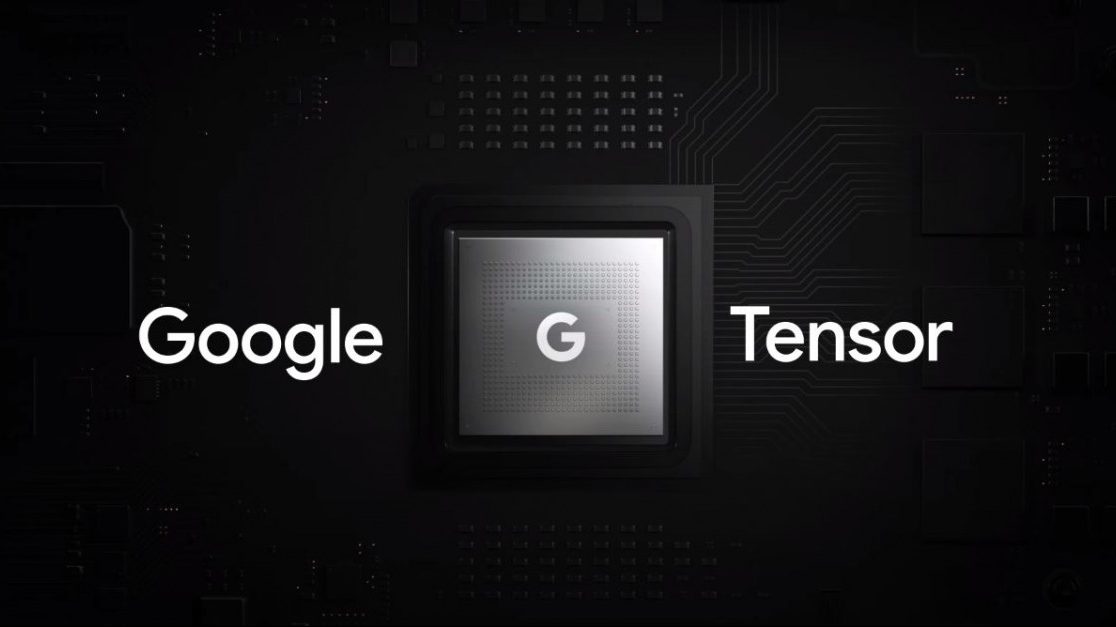-
Tensor Chipset: Smartphone Technology from GoogleTechno 2025. 1. 17. 00:45반응형

Tensor Chipset: Smartphone Technology from Google. There are many smartphone chipsets scattered on the market, often used in smartphones such as Snapdragon, Mediatek, UniSoc, Exynos and others. So what about this tensor chipset from Google?
What is the Tensor Chipset?
The Tensor chipset is a line of processors developed by Google, first introduced in 2021 with the launch of the Pixel 6 and Pixel 6 Pro smartphones.
This chipset is specifically designed to improve device performance, especially in terms of artificial intelligence (AI) and machine learning (ML).
Design and Architecture
The Tensor chipset carries a different architecture compared to other smartphone chipsets, such as Qualcomm Snapdragon or Apple A-series. Tensor integrates CPU, GPU, and TPU (Tensor Processing Unit) to handle various tasks efficiently.
This design allows for faster processing and energy savings, so that devices can operate longer.
AI and Machine Learning Performance
One of the main advantages of the Tensor chipset is its ability to run applications that require artificial intelligence. With the integrated TPU, Tensor can accelerate image recognition, natural language processing, and speech recognition.
This enables advanced features such as AI-based photo editing, video enhancement, and enhanced security features.
Key Features of the Tensor Chipset
1. Image and Video Recognition: Tensor enables enhanced image processing, such as object and background recognition, and optimization in difficult lighting conditions.
2. Advanced Photo Editing: Features like Magic Eraser allow users to easily remove unwanted objects from photos.
3. Transcription and Translation: The ability to transcribe speech to text in real-time and translate languages directly is a significant plus.
4. Security: The chipset also strengthens device security with features like Titan M2, which protects user data from external threats.
Comparison with Other Chipsets
Compared to competing chipsets, Tensor focuses more on AI and ML integration, while other chipsets may place more emphasis on clock speed and graphics performance. Google's approach with Tensor shows that they are committed to optimizing user experience through artificial intelligence.
The Tenso chipset is an innovative step taken by Google in the world of smartphone technology. With a focus on artificial intelligence and machine learning, Tensor not only improves device performance but also brings advanced features that enhance the user experience.
As technology advances, we can expect the next generation of Tensor chipsets to bring more innovation and convenience in everyday use.
Weaknesses of the Tensor Chipset
Although the Tensor chipset is not yet very well-known and popular like Snapdragon and MediaTek, Tensor has some weaknesses that need to be considered:
1. GPU Performance: Although Tensor is designed for AI optimization, its graphics performance may not be as strong as competing chipsets such as Snapdragon or Apple A-series, which are more focused on gaming and heavy graphics applications.
2. Availability and Support: The Tensor chipset is specific to Google devices, which limits its availability on various smartphones. This can affect the user experience outside the Google ecosystem.
3. App Compatibility: Some apps or games may not be fully optimized to take advantage of Tensor's unique capabilities, which can result in suboptimal performance.
4. Battery Life: While Tensor is designed for efficiency, intensive use of AI features can drain the battery faster than other, more balanced chipsets.
5. Development and Updates: Software updates and long-term support may not be as good as more established chipsets, such as Snapdragon, which are supported by many device manufacturers.
Conclusion
The Tensor chipset has now been continuously developed and improved by Google, most recently in the Google Pixel 9 Series smartphones. Although Tensor offers interesting innovations, users should consider the weaknesses, advantages and advantages of this chipset before deciding to use a device used in everyday life or daily drivers.
Over time, it is hoped that Google will continue to improve and overcome these shortcomings in the next generation of chipsets. And of course, making performance must be in accordance with the standards of the Apple chipset from the iPhone series.반응형'Techno' 카테고리의 다른 글
Check Out the Differences Between OIS and EIS in Camera Stabilizers (1) 2025.01.18 Reviewing the MacOS Operating System from Apple (0) 2025.01.17 Anti-glare: Technology that Improves Visual Comfort (1) 2025.01.16 Sony IMX Sensors: Innovation in Photography and Videography (0) 2025.01.15 Google Chrome: The Dominant Browser in the Digital World (0) 2025.01.13